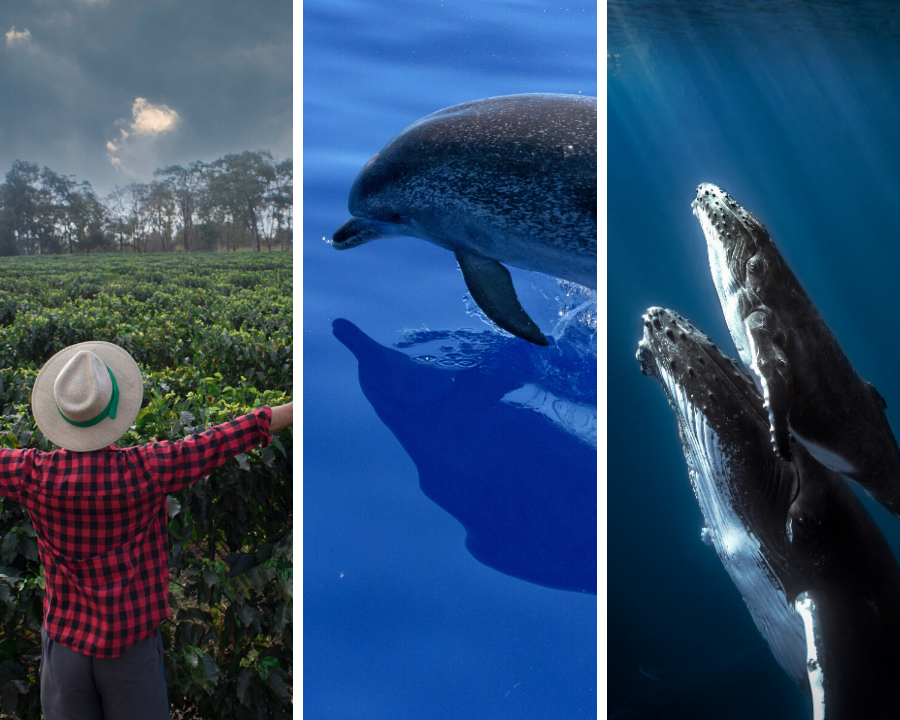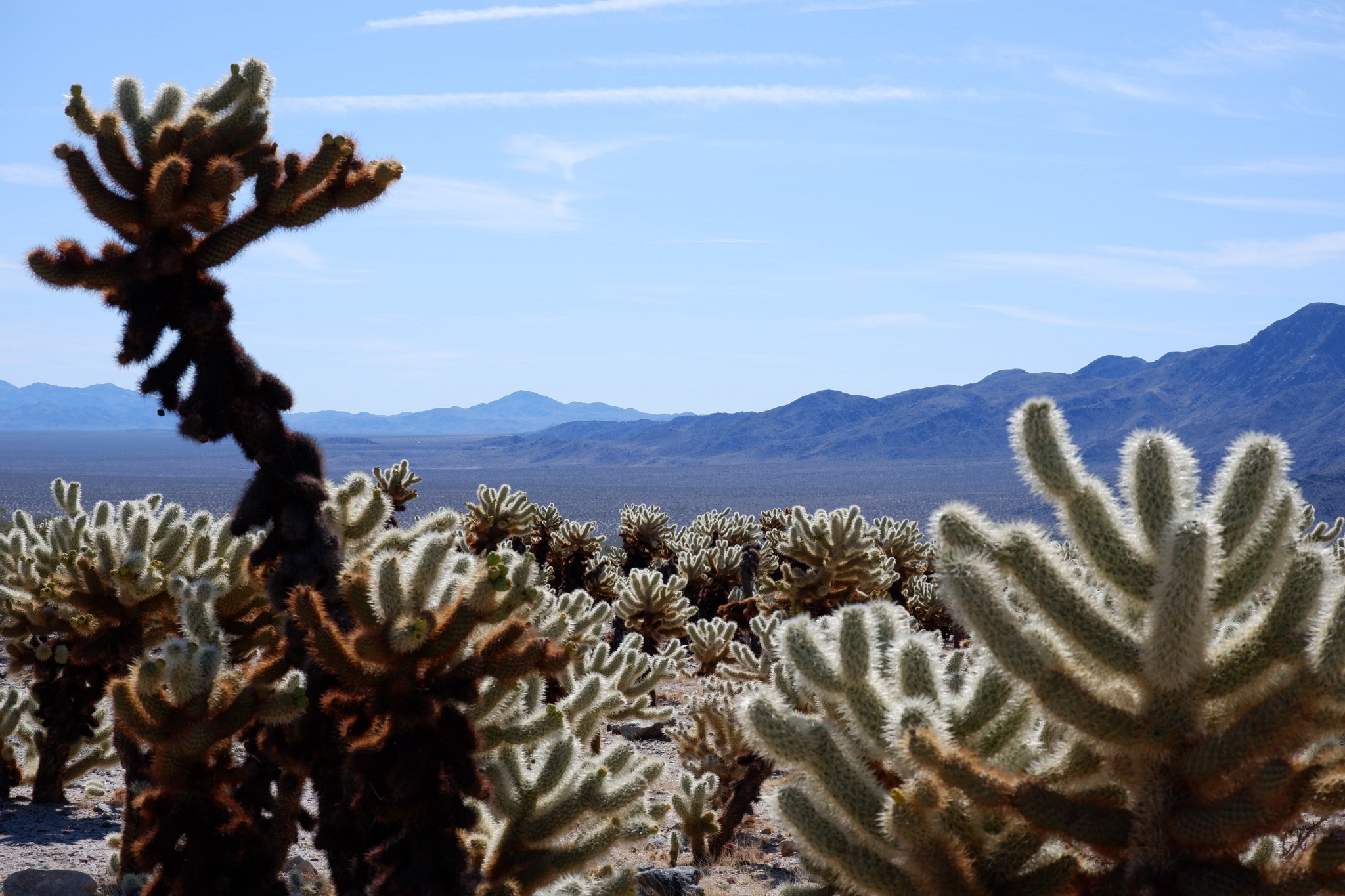The mainstream media doesn’t like to report on positive news of any sort these days. This goes especially for issues related to the environment. If it isn’t a new “report” claiming the Earth is supposedly doomed in 5, 10, or 20 years due to climate change or overpopulation, it is unlikely to get airtime.
That’s why CFACT is focused on not just fighting radical environmentalism, but supporting what real conservation on legitimate environmental problems looks like. Here’s three such examples to show that our environment, with the help of free markets, technology, and appropriate human stewardship, is mostly improving every day.
- Colombia is using market incentives to help coffee farmers protect the rain forest
- In San Lucas, Colombia, the families pledge not to fell trees to expand their crops or to hunt the animals that depend on the forests for survival.
- Depending on the quality of the product, they receive around $250 to $300 per 275 pounds of coffee, an enviable return in a country where prices regularly dip below production costs. The environmental group WebConserva is leading and funding this first-of-its kind project.
- Populations of vaquitas, a type of porpoise, could be helped by “genomics”, a new DNA based technique
- Once common along the upper Gulf of California in Mexico, the species has today been brought near to the brink of extinction. A survey conducted in 1997 found some 567 remaining in the wild. Today many believe that number has dropped below 100.
- By cross-referencing genomes, scientists can quickly assess the most urgent threats an animal faces: If inbreeding isn’t the biggest problem, then maybe poaching or habitat loss is.
- New technology could help groups better protect whales in the Pacific, by tracking if they are being hunted illegally
- Sensors placed by the U.S. Defense Advanced Research Projects Agency (DARPA) in the oceans could be used to track threatened whale populations and identify which vessels, from which point of origin, are harvesting or otherwise threatening endangered whales. That in turn could lead to countries (or private conservation groups) to potentially secure, monitor, and enforce “ownership” of, migratory whale populations for protection.
As the 50th anniversary of Earth Day comes and goes, let’s use this day to focus on the good and continue to improve – not preach a message of doom and gloom.



